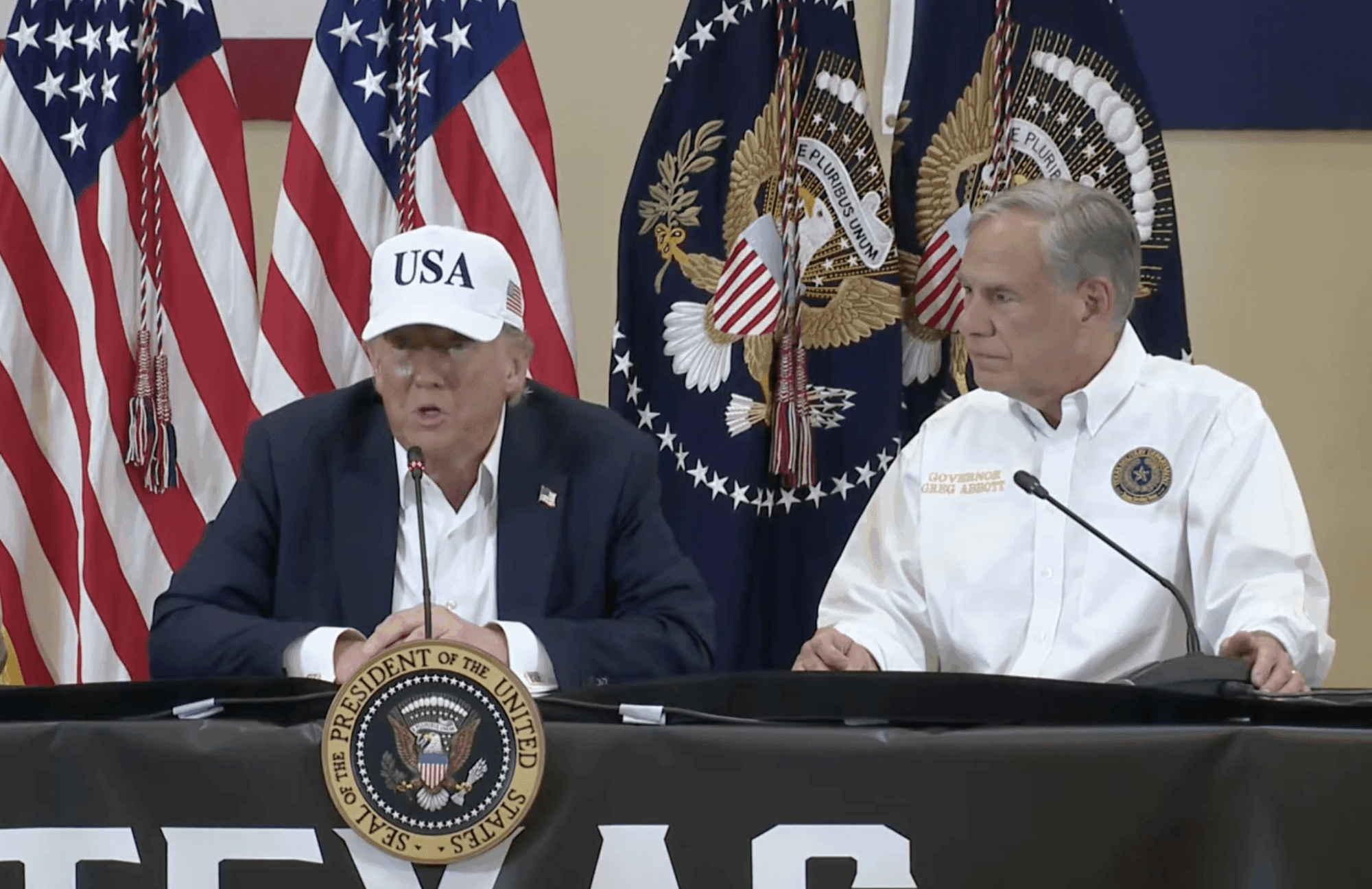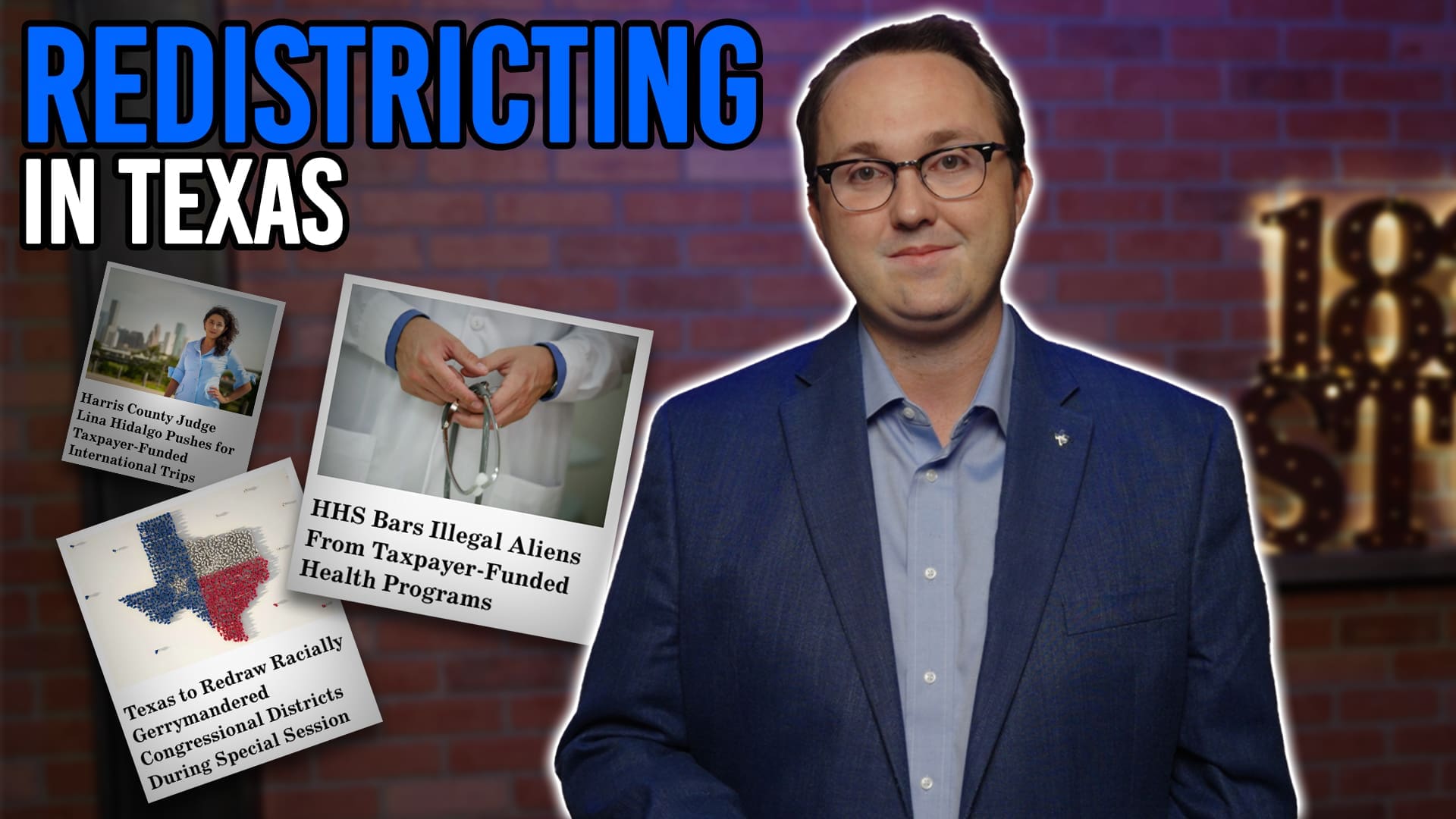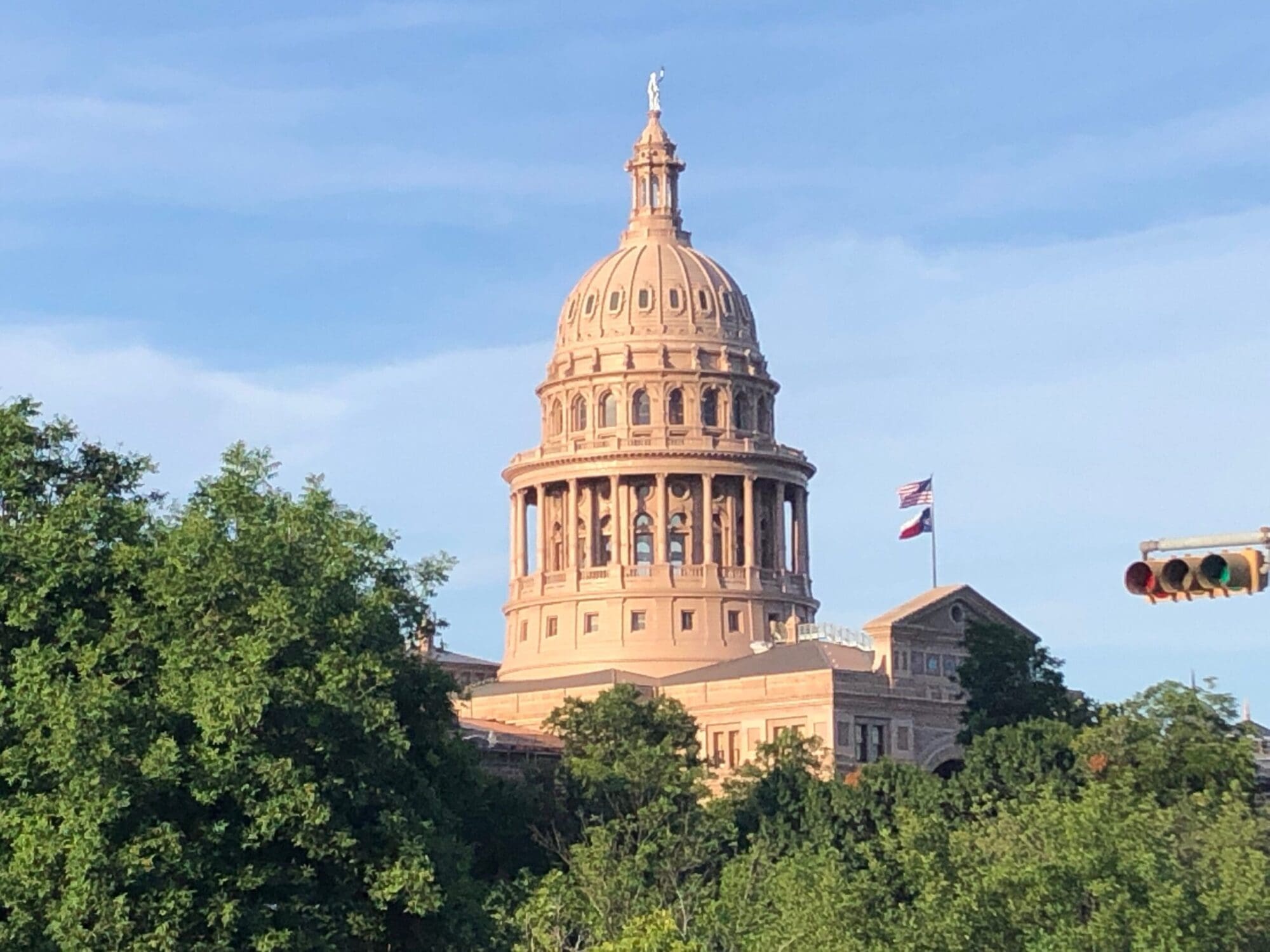Everyday life across America has been dramatically thrown off-kilter as governments of all levels respond to the Chinese coronavirus. Sports events have been canceled, students are moving to online classes, and everyday employees are working from home if they can.
In Texas, local elections and primary runoff elections slated for May have been postponed, but they’re still on the calendar. But how does a campaign operate in the wake of some of the restrictions imposed by governments?
Across the state, restaurants and bars have been shut down. Dallas County has issued a shelter-in-place order, and other cities like Houston and Austin are expected to follow Dallas’ lead soon.
What do these “shelter in place” orders do, and how will they affect political campaigns? Each one is slightly different, but they follow similar tracks.
Here’s what the order Dallas County Judge Clay Jenkins issued does:
Citizens are required to shelter in their homes, leaving only for things defined as essential activities, essential government functions, or to operate essential businesses.
They can, however, leave home to acquire necessary supplies from grocery stores, pharmacies, etc.
Essential businesses that can remain open include grocery stores, pharmacies, gas stations, dry cleaners, and liquor stores. Restaurants may remain open to provide delivery or pick-up service. Child care facilities that provide care to children of those who work in essential businesses may remain open.
Meanwhile, however, all public gatherings are prohibited. Churches and other places of worship are restricted as well, with many providing online services.
That said, Dallas County residents are not confined to their homes—residents can continue to go outside to do things like exercise as long as they maintain social distancing.
So, does that mean campaigns can continue to block walk? Even if they technically can, should they be doing so? What should they be doing right now?
To find out, we asked several political consultants and campaign managers to share what they’re advising candidates do.
Three took us up on the request but asked that their responses not be attributed to them directly.
“We’re working on building our volunteer base and networking with engaged voters via phone to be in the best position to sprint toward the finish line once this scenario is behind us and the dust has settled,” said one consultant. “To the extent [that] candidates can continue to engage voters through the phone or social media, we want them to do that, but anything in the public is out of the picture for now.”
“For better or worse (and I think it’s worse), at least our opponents are in the same boat,” he added.
A campaign manager told us that in times like these, campaigns will have to get crafty if they hope to find success.
“Direct voter contact is still king. With door-to-door campaigning out of the conversation entirely, campaigns will have to get crafty and think outside the box,” he said. “Any team worth its salt is finding ways to do more with less and won’t wait until June to start making it happen.”
“Not going to try to sugarcoat anything, the Chinese virus and its effects are making it a tough time to run a campaign. It’s rough out there,” said another political consultant. “I’m advising folks to recognize that it’s going to be difficult to fundraise, and social media is key.”





